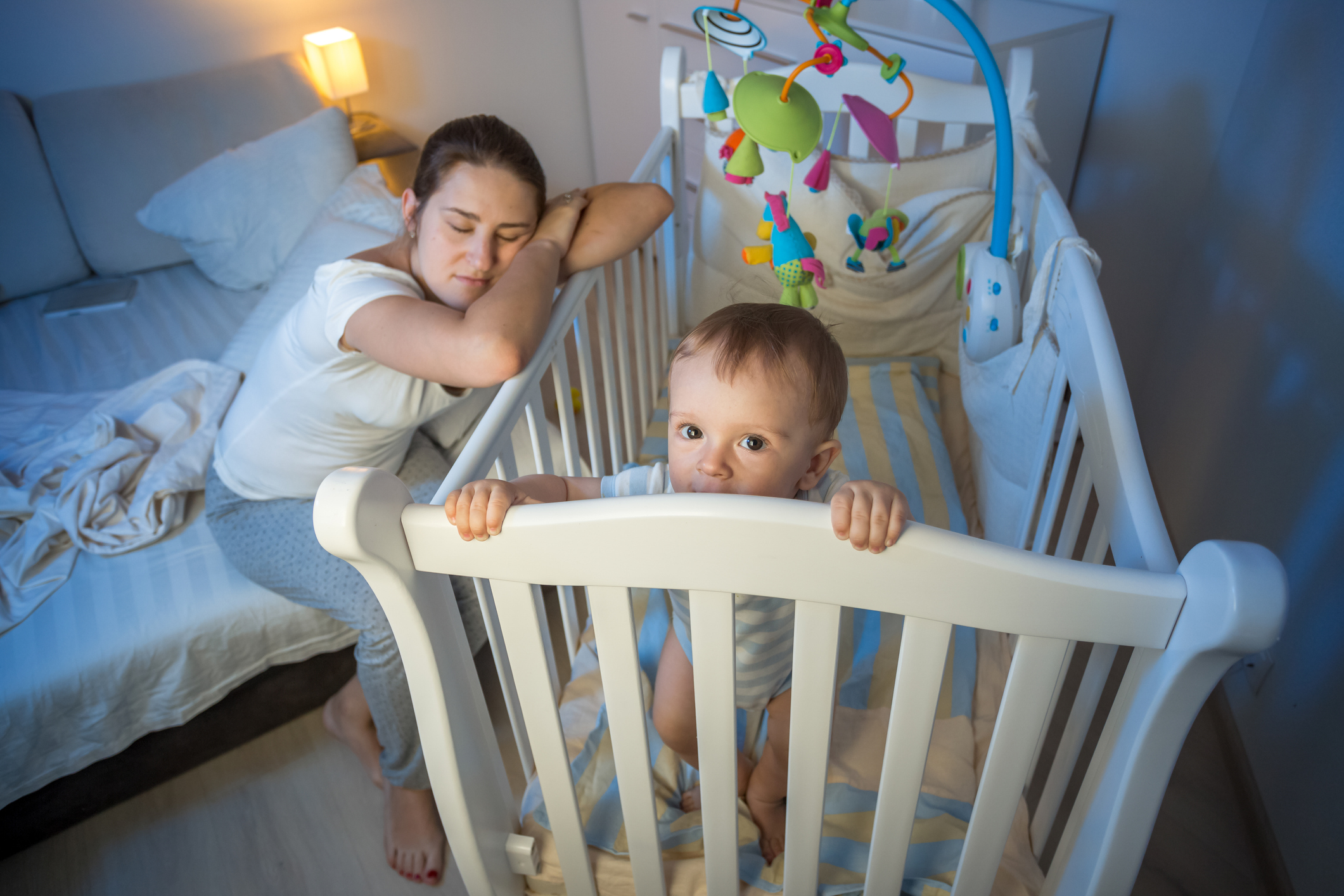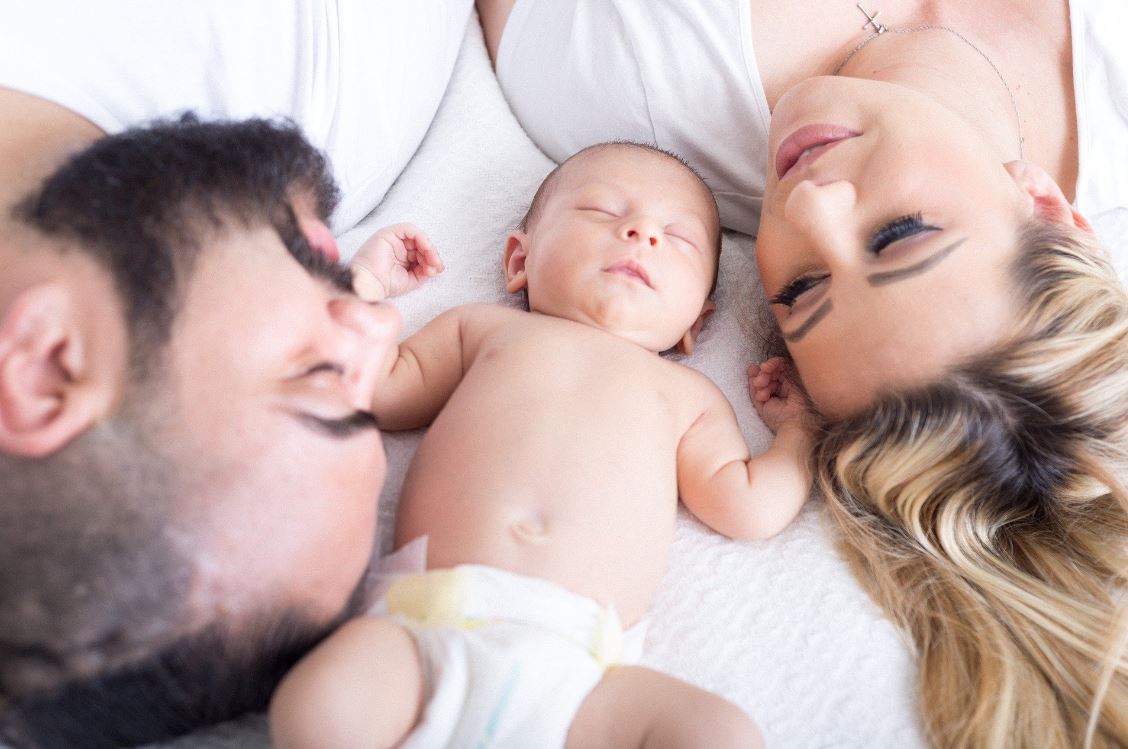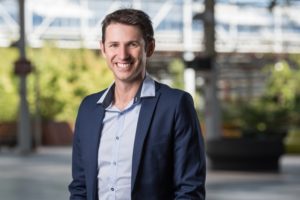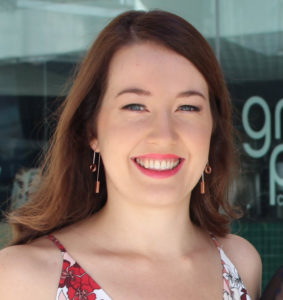
From newborn babies to restless teenagers, Australians may find it difficult to get expert advice and professional support for sleep problems in children and adolescents.
Ahead of World Sleep Day (19 March 2021) a new paper in Sleep Medicine led by University of Western Australia and Flinders University sleep researchers found a serious shortfall in health professionals’ knowledge, understanding and skills to identify manage and prevent paediatric sleep disorders.
“While the focus of this study was on health professionals, it shows that the public need to be more aware about the quality of training in sleep that their health professionals have received,” says senior author Flinders Professor Michael Gradisar, director of the Child and Adolescent Sleep Clinic at Flinders University.
“It can mean the difference between ‘getting worse’ and ‘changing your life.”
Paediatric sleep disorders are common in Australian children, with studies indicating up to 30% of children may experience sleep problems.

However, an anonymous survey of 263 Australian health professionals – including doctors, nurses, psychologists, social workers, occupational therapists, pharmacists, dentists and sleep coaches – revealed a significant shortfall in knowledge and skills required to treat paediatric sleep problems.

In the study, health professionals on average answered fewer than half of paediatric sleep knowledge questions correctly on average, and around 60% said they were not trained in sleep measurement (i.e. sleep diaries and questionnaires), or how to take a sleep history.
“Health professionals receive very little training in sleep medicine during their degree and it’s likely this lack of training adversely affects their clinical practice, with about one-third of respondents not routinely screening for sleep disorders in paediatric patients and many not routinely recommending evidence based treatments,” says lead author University of WA sleep researcher Dr Cele Richardson, who conducted her PhD at Flinders University.
“One common reason for not screening for sleep problems was the belief that parents will report poor sleep if it is a problem. Yet other research has shown that both parents and adolescents may under-recognise sleep problems,” she says.
“While the impact and importance of paediatric sleep is well recognised by health professionals, sleep is often considered less important than a healthy diet and exercise,” says Professor Gradisar, recommending families access to Sleep Health Foundation resources to improve their own knowledge of paediatric sleep.
The impact of disrupted sleep on young people includes impaired physical health, psychosocial wellbeing and academic achievement, and increased risk taking (e.g. substance use); all of which may have lasting impacts into adulthood.
The new study is calling for reforms to clinical sleep medicine training for health professionals and efforts to increase general understanding of the importance of sleep in the wider community.

This would require a coordinated approach between professional bodies, and the health practitioners they represent, higher education providers and the government.
“Starting from infancy, the role of sleep is extremely important in the development of children’s emotional, behavioural and cognitive functioning,” says Professor Gradisar.
“Therefore, to ensure young people reach their potential, we need to make sure sleep problems are identified and treated early.”
Professor Gradisar adds that another recent study warns of a global rise in prevalence of perfectionism and insomnia among adolescents – which coupled with prolonged exposure to technology and personal computer devices can also negatively affect sleep patterns. (See ‘Perfectionism and insomnia in adolescents: The role of vulnerability to stress and gender’ (2020) by C Richardson and M Gradisar published in The Journal of Adolescence (Elsevier) DOI: 10.1016/j.adolescence.2020.10.003).
The new paper, Paediatric Sleep Literacy in Australian Health Professionals (2021) by C Richardson, M Ree, RS Bucks and M Gradisar, appears in Sleep Medicine DOI: 10.1016/j.sleep.2021.02.03 Paediatric Sleep Literacy in Australian Health Professionals – ScienceDirect
‘Regular Sleep, Healthy Future’ is the World Sleep Society’s World Sleep Day on Friday, March 19, 2021. WSD is calling to all sleep professionals to advocate and educate the world about the importance of sleep for achieving an optimal quality of life and improve global health.

